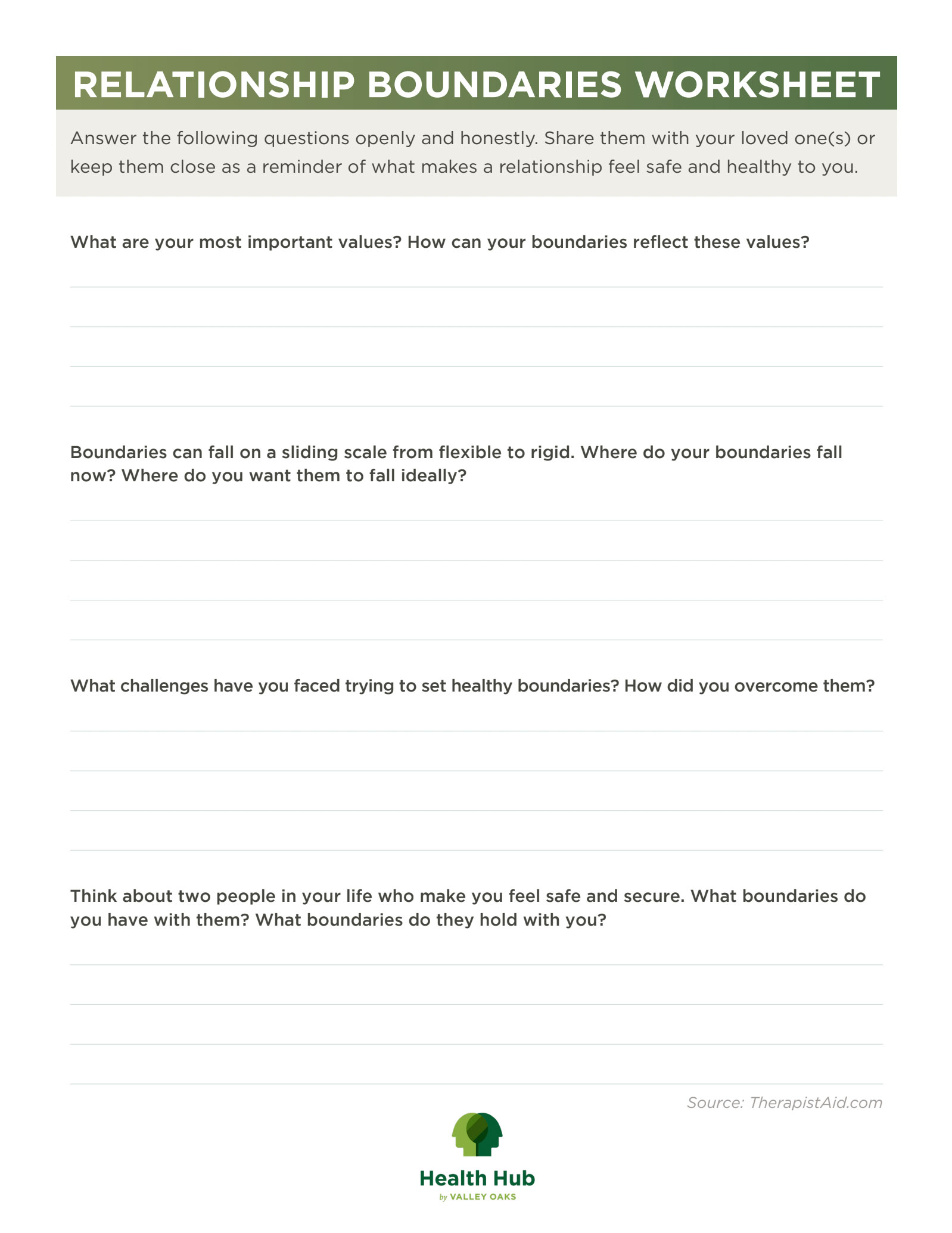In a world where connection is just a click away, social media has become an integral part of daily life. Platforms like Facebook, Instagram, TikTok, and X (formerly Twitter) allow us to stay in touch, share our lives, and access a constant stream of information. But as our digital engagement increases, so do concerns about its impact on mental health.







